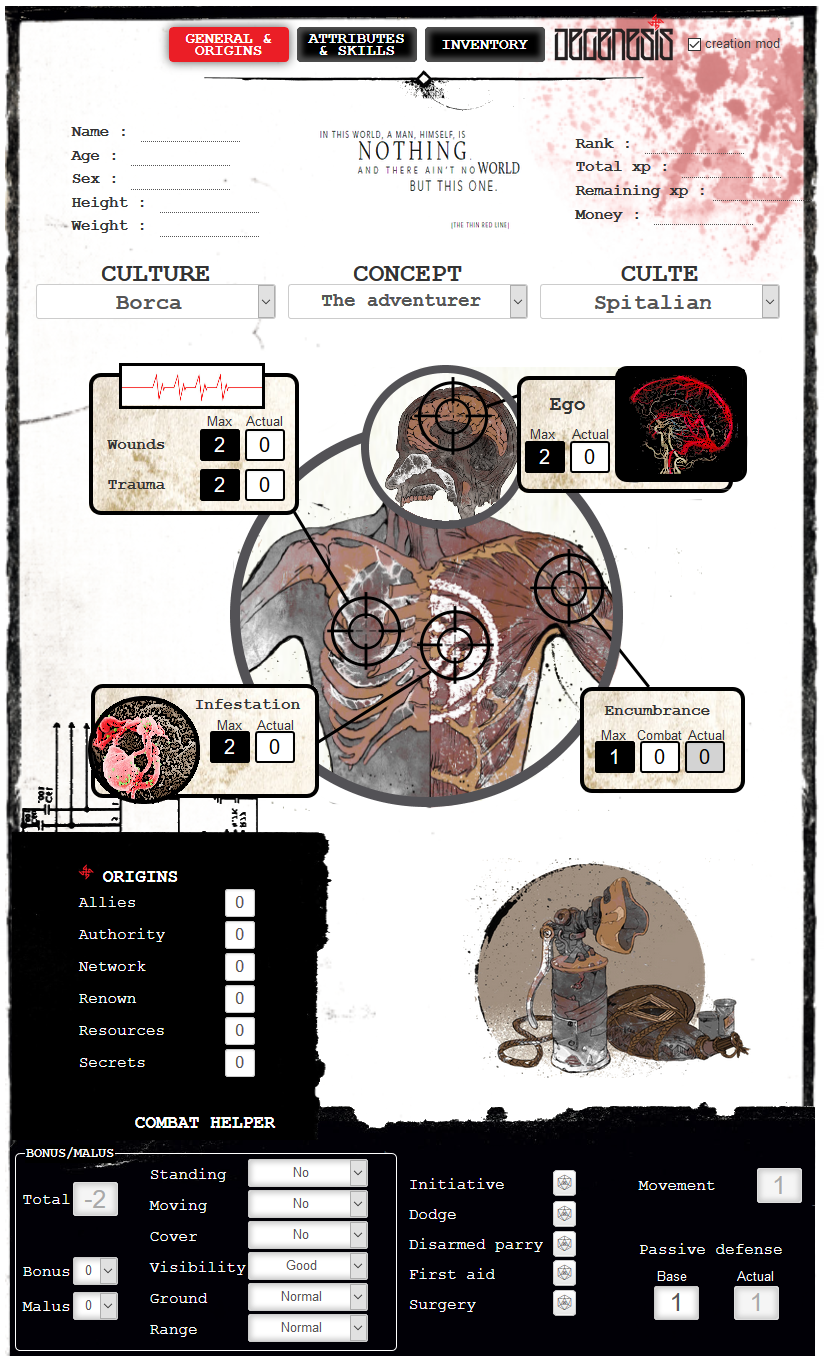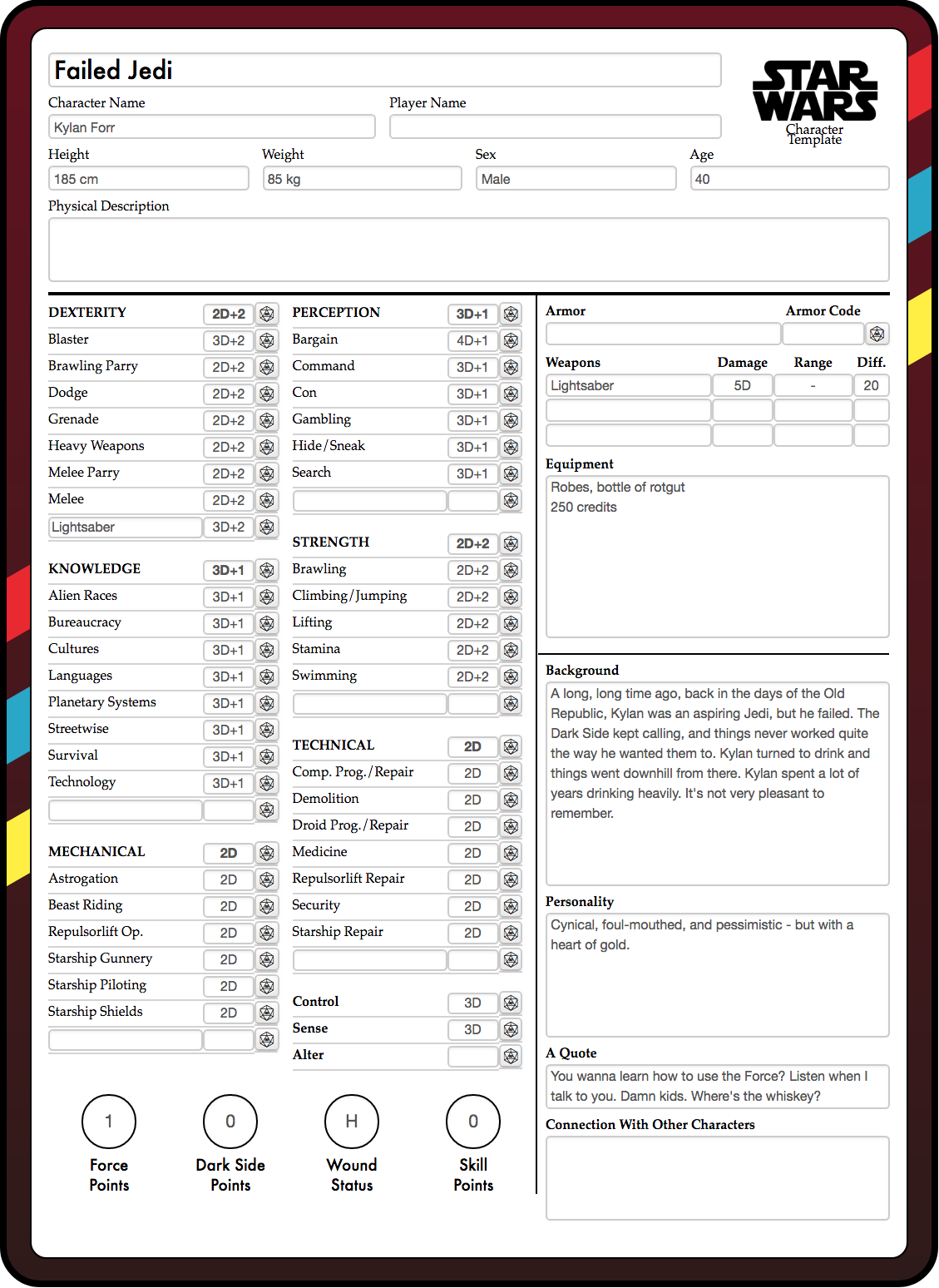
This expedites gameplay and helps make it more predictable and transparent for the players.Īdvantage / Disadvantage: easily the most elegant bit of tech from 5e (and the games that they took it from). Your STR score defines how much Load you can carry your CON how many hours you can go without rest your CHA the number of retainers you can command, and so forth.ĭefault DC: the assumption is that (almost) all tasks and checks are DC 11. This makes a tighter gameplay loop: delve into dungeons, fight monsters, learn spells, acquire loot, repeat.Ībility Scores: the classic six abilities return, but special attention has been paid to ensure that ability scores and modifiers have a mechanical impact. FTD focuses on dungeons and adventure, not domains, strongholds, and cataclysms.
Roll20 shadowrun character sheet raise limits Pc#
Level 9 Cap: PC play beyond level 9 is a different type of game. And with only four starting classes, it’s easy to roll up a random character at level 1. These archetypes bring in classics like the Barbarian, Warlock, and Druid without completely reconfiguring the class itself.

Classes follow the design structure of 5e (scaling proficiency bonus, class features at set levels, etc) with more specialized “archetypes” unlockable at level 3. Combat is a last resort, magic is dangerous and wild, and every ability matters.Ĭharacter Creation : there’s only four classic races, each with a distinct method for generating ability scores and class restrictions.Ĭharacter Classes: warrior, thief, mage, or zealot. MechanicsįTD strips 5e down to its skeleton and fleshes it out with mechanics focused on resource management, clever problem solving, and streamlined OSR gameplay. It hits the sweet spot between post-clone ultra-light rules and burdensome mechanics. Heavier than Knave or Into the Odd, more concrete than the Black Hack, less epic than 5e, more familiar than the Whitehack, and less “edgy” than other dungeoncrawlers. It’s able to comprehensively recreate an authentic OSR experience while bringing plenty of new subsystems to the table. It loots the corpses of four decades of gaming in just 48 packed pages. How is it different?įTD is a blend of old and new, digital and tabletop. It’s just about everything we (Ben and Jess) have come to expect from an OSR adventure game: brutal, challenging, streamlined, and accessible. The game’s about tough choices, risk vs reward, and using as much out of character smarts as in-character mechanics.

The core of the game is familiar to anyone who has played 5e or previous editions of the game, but every mechanic has been pared down, modified, or expanded upon to create a coherently gritty, resource-focused, roguelike, old-school experience. Five Torches Deep (FTD) is a streamlined adventure game combining the best mechanics and principles of 5e, the OSR, and modern game design.


 0 kommentar(er)
0 kommentar(er)
